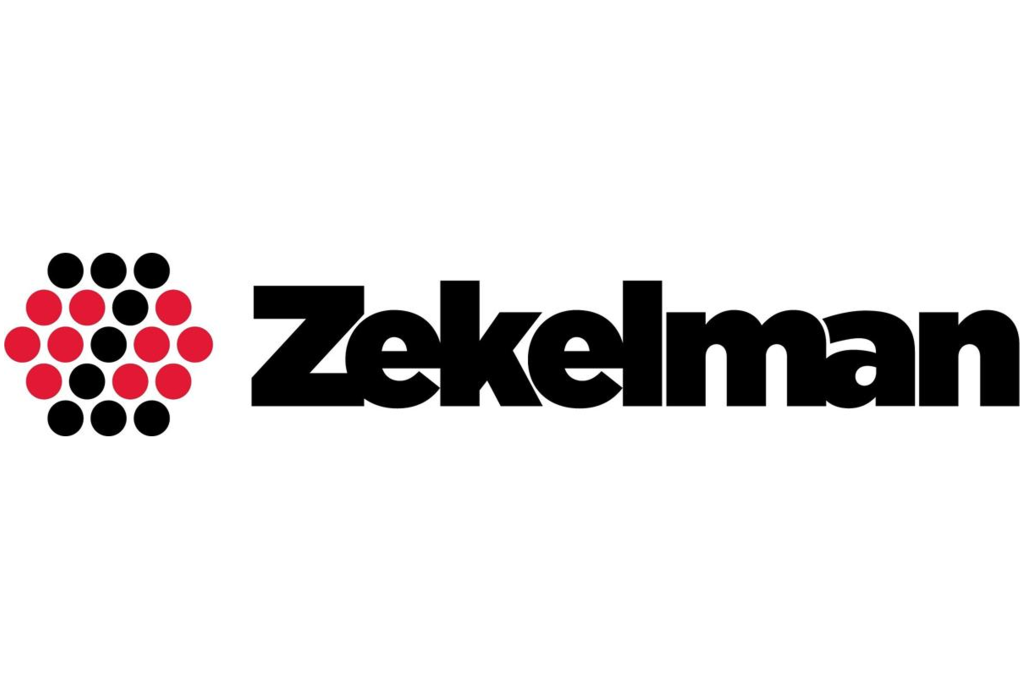Government/Policy

September 26, 2024
Op-Ed: Despite misclassification games, import data supports surge of Mexican conduit
Written by Barry Zekelman
In a recent column, Lewis Leibowitz contends that import data does not support a letter written by four US Senators – Bob Casey (D-Pa.), Sherrod Brown (D-Ohio), Marco Rubio (R-Fla.), and Mike Braun (R-Ind.) – discussing a surge in imports of Mexican steel conduit since President Trump exercised his authority under Section 232 of the Trade Expansion Act of 1962 to protect US industrial security by imposing a 25% tariff on steel imports. But contrary to Mr. Leibowitz’s contention, the import data unquestionably supports the fact that imports of Mexican conduit have been surging into the US market.
To fully comprehend the current situation with imports of Mexican steel products into the US, we need to look back to 2018 when Section 232 duties were imposed. These were 25% duties on imports of steel products from all countries. Several countries, including South Korea, Brazil, and Australia, negotiated quotas with the US to replace the 25% tariffs. These 232 duties became a key issue in the USMCA negotiations. In a Memo of Understanding, Canada and Mexico agreed to limit steel exports to the US based on the average volume of steel products imported during the period 2015-2017. In return, steel imports into the US from Mexico and Canada would not face the Section 232 duties.
Any discussion of imports of Mexican conduit based solely on official import statistics fails to capture the entire picture because it does not account for
– Barry Zekelman, Chairman and CEO, Zekelman Industries
the misclassification games being played.
As early as 2018, Mexican steel conduit producers and their US importers purposely used incorrect tariff codes to avoid the duties. In particular, they incorrectly classified their conduit under HTS subheading 8547.90 as conduit lined with electrical insulation rather than the correct HTS subheading 7306.30. Customs and Border Patrol (CBP) took action to correct this and collected millions in unpaid duties from Shamrock, the largest conduit importer. Shamrock appealed this action by the CBP. (Shamrock vs. US filed May 2020). In 2023, Judge Stanceu of the Court of International Trade ruled in favor of CBP and against Shamrock. Shamrock then chose to use the US court system to try and support its actions and delay enforcement of 232 by appealing to the Court of Appeals for the Federal Circuit (CAFC). That appellate court held a hearing in September 2024, and a decision is expected by the end of this year.
In 2020, the US and Mexico agreed to a temporary permit control process to halt the surge of steel conduit shipments into the US. The Mexican producers again began misclassifying their products to circumvent these controls. We immediately advised the office of the US Trade Representative of the misclassifications taking place, only to be advised that their hands were tied and we needed to address the issue with CBP. We, in turn, advised CBP, and they stated that they could not act until the pending Shamrock lawsuit detailed above was finished.
Official import statistics show that US imports of Mexican conduit under HTS subheading 7306.30 surged from an average of 11,480 short tons from the baseline period (2015-2017) to an average of over 29,000 st over the last four years (2020-2023). This already shows a significant surge. Given the constant misclassification by Mexican producers and US importers, however, the better source for data on Mexican conduit imports is Panjiva, a public, online data source for trade flows. Any discussion of imports of Mexican conduit based solely on official import statistics fails to capture the entire picture because it does not account for the misclassification games being played. Data from Panjiva shows that, from January to July 2024, US imports of Mexican steel conduit are annualizing at a rate of 100,000 st. This represents a 770% increase from the baseline period (2015-2017). Unfortunately, Mr. Leibowitz appears to have fallen prey to the misclassification games, as his measure of Mexican conduit does not take the games into account.
Over the last five years, we have closed two factories, have put more than 500 great teammates making great wages in the unemployment line, and watched margins deteriorate. In this same timeframe, Mexican producers have built several new production facilities in Monclova (adjacent to AHMSA), exporting nearly 100% of this production into the US. We call on our government to simply enforce the trade agreements that it negotiated in good faith with Mexico. The language in this agreement is clear. Unfortunately, the action of this administration continues to fail us, several other producers, and many people we once employed – along with their families and communities.
Editor’s note
SMU welcomes opinions from across the steel industry. We’re happy to share the thoughts above from Barry Zekelman, chairman and CEO of Zekelman Industries. If you have an opinion you’d like to express to the broader steel community, please contact us at info@steelmarketupdate.com.







